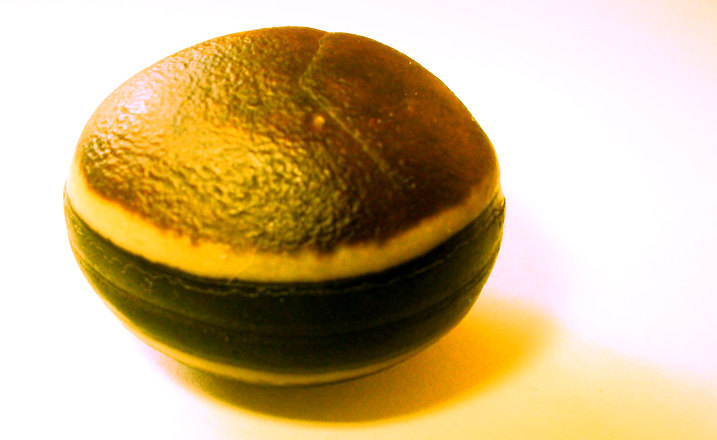

If even seeds are patentable, what else is?
THE previous post spoke of the diminishing value of European Patents (granted by the EPO). The more patents get granted (with lowered quality bar), the lower their worth. Just see what the USPTO learned the hard way (about a decade ago).
The German pharmaceutical and medical technology group B. Braun melsungen has lost a patent dispute with the Indian competitor Polymedicure since 2009.
This involves intravenous safety catheters, which had protected B. Braun with several European patents.
When a physician applies such a catheter to a patient, a needle guard automatically protrudes over the tip when the needle is withdrawn from the arm. This protects the doctor and nursing staff. Conventional catheters lack such a needle guard. Polymedicure also sells intravenous safety catheters, but their needle protection is somewhat different.
So, Lord Neuberger is "inclined to think that the examiner was wrong" in taking the view that the patent should be limited to pemetrexed disodium. However, the examiner does not specify the claims an applicant must file, either during drafting or prosecution. This was solely in the hands of the applicant. The examiner took the view that the claim to 'pemetrexed' was added matter, and rightly so. It is unfortunate that our Supreme court act in total disregard of established case law of the EPO. If the UK courts are so opposed to the strict law of added matter followed by the EPO, maybe they should not be so quick to follow the EPO's position in respect of novelty.
Whether, and to what extent, the courts should protect a patentee from its own incompetent drafting is a separate point as clearly equivalence doctrines exist. However, the present case leads to significant uncertainty in an area where claims can be defined in absolute clarity down to the atomic level. 'Sodium' means one thing only, whereas 'spring' is a functional definition open to interpretation. Even 'vertical' has a degree of error.
The UK Supreme Court has ruled that a patentee can argue that the scope of protection afforded by its patent extends beyond the ambit of the claims. In its ruling in Eli Lilly v Actavis, the Court also provided guidance on when reference to EPO prosecution file would be appropriate in interpreting a patent in infringement cases
I'm also surprised, as a first reaction, Stephen. But, on thinking about it, not so surprised. I should say that I've read your write up, above, but the Decision itself, not yet.
If you (the Inventor or Applicant) have only got results for Na, and the Paris priority year is ending, what can you get out of the EPO other than a claim limited to Na? But does that mean you are entitled to no more scope than that? Is it "fair" to confine your scope to Na alone?
What is the law in Germany on Doctrine of Equivalents? I suspect the SC is bearing in mind that it has to i) lay down law compatible with the reality of prosecution at the EPO, and ii) give due deference to the jurisprudence of Germany. I guess it was fully briefed on what the BGH says about any DoI.
And, quite apart from BREXIT, it should bear those two things in mind, shouldn't it?
According to its media release of 11 July 2017, the German Federal Court of Justice confirmed the decision of the Federal Patent Court granting Merck a compulsory license to EP 1 422 218 owned by Shionogi. This allows Merck the continued distribution of its antiretroviral drug Isentress, an approved medication for treatment of HIV-patients, on the German market.
[...]
The Federal Patent Court held that the criteria developed under competition law for FRAND licenses were not applicable in the context of €§ 24(1) Patent Act. The media release of the BGH only states, somewhat cryptically, that in view of the specific facts of the case, “namely the uncertain outcome of the opposition proceeding”, Merck’s efforts had been sufficient.